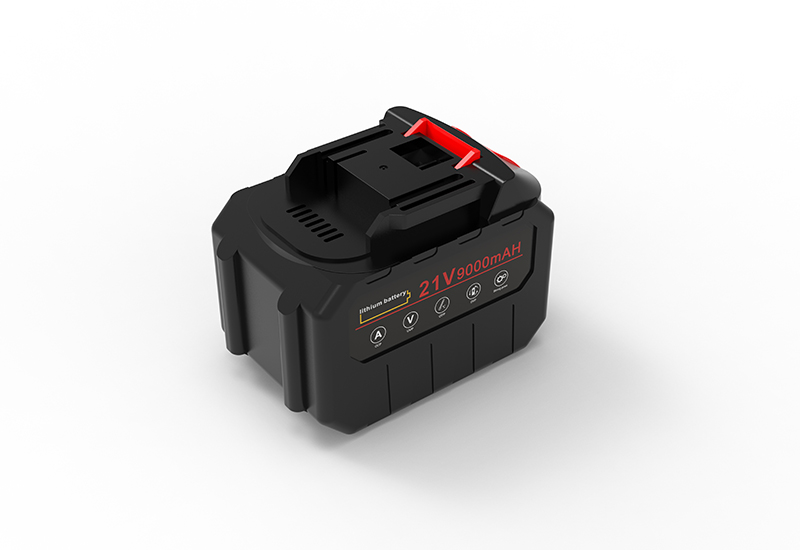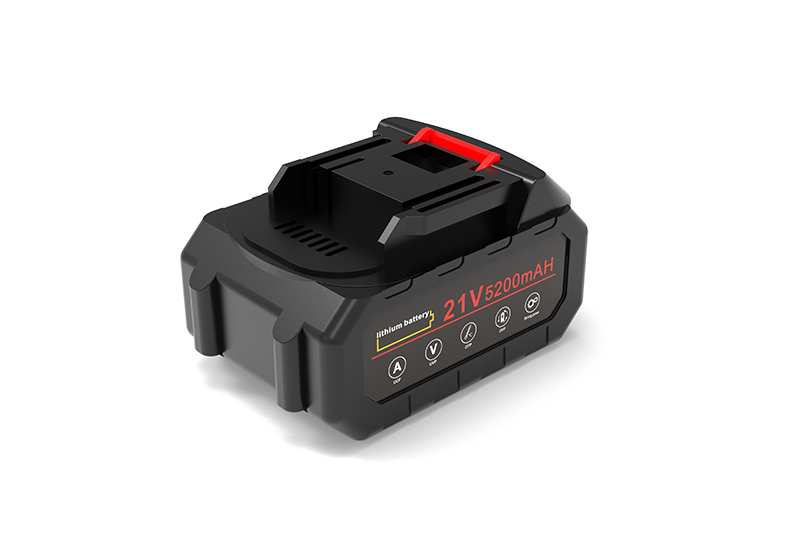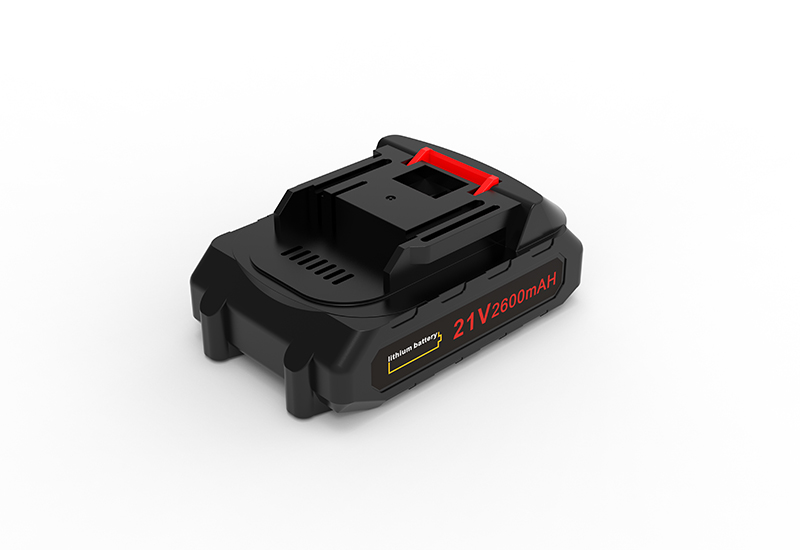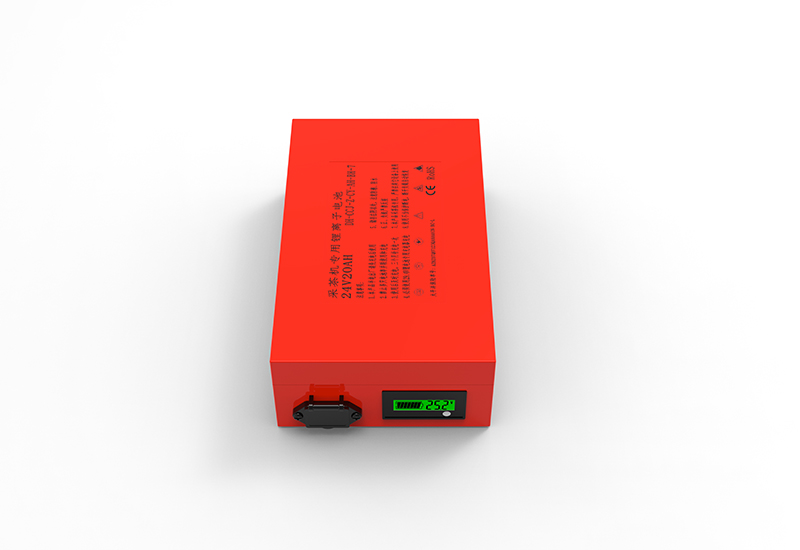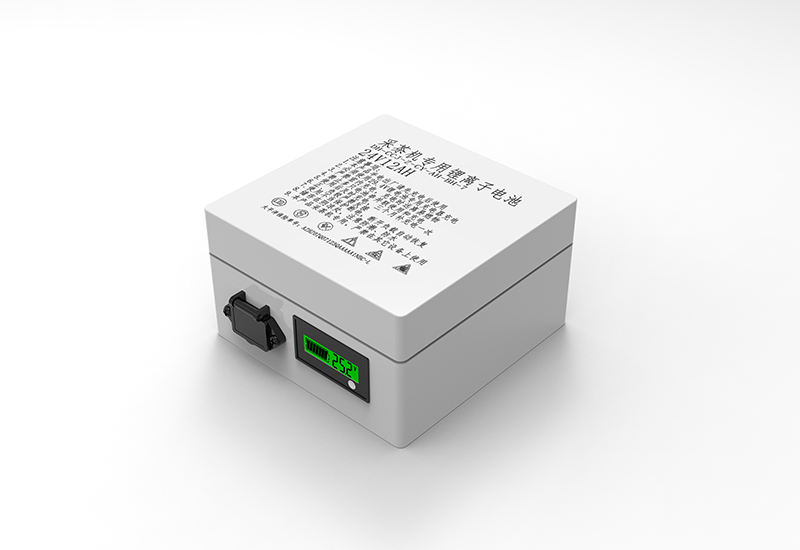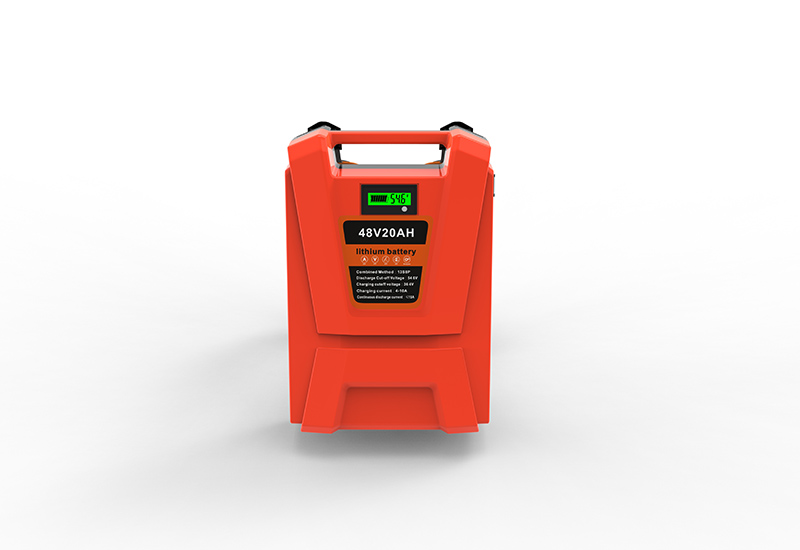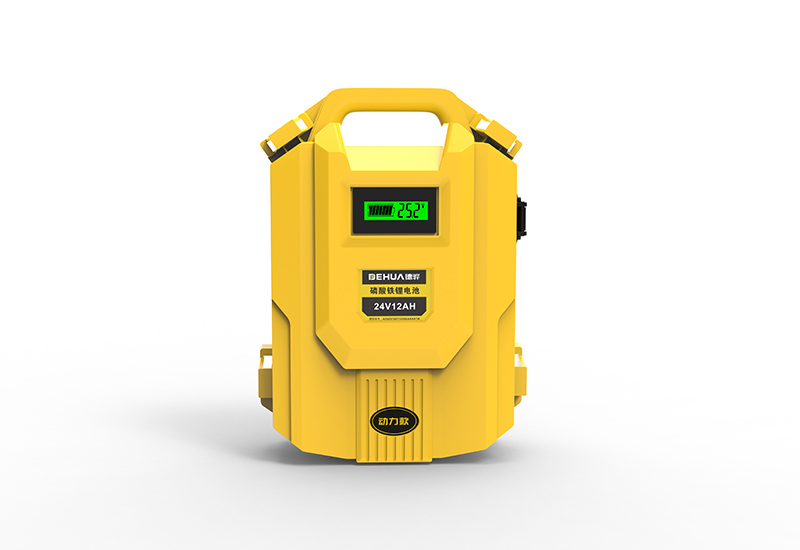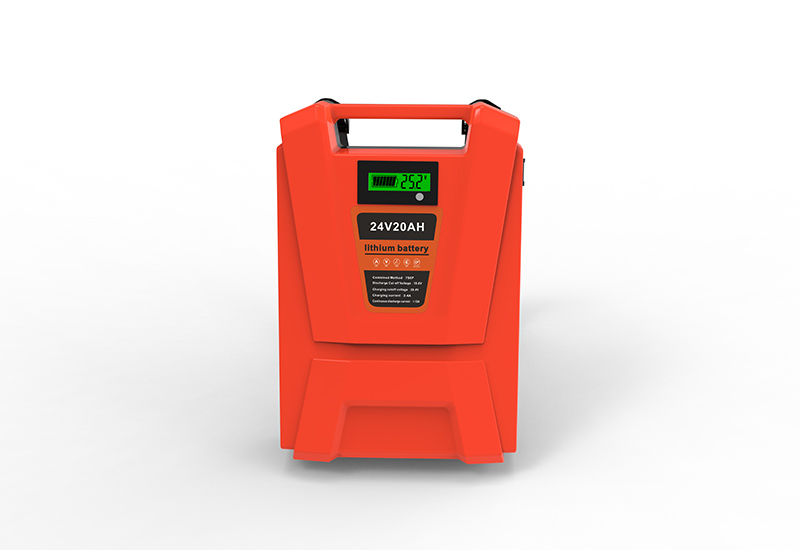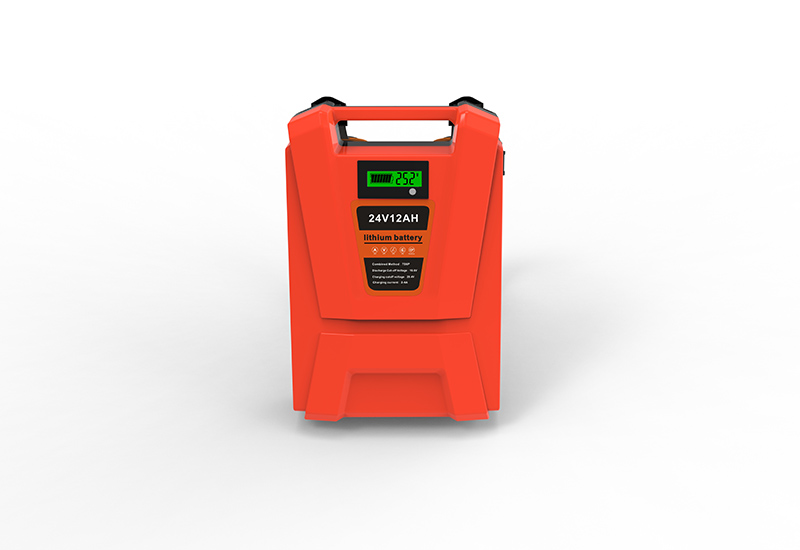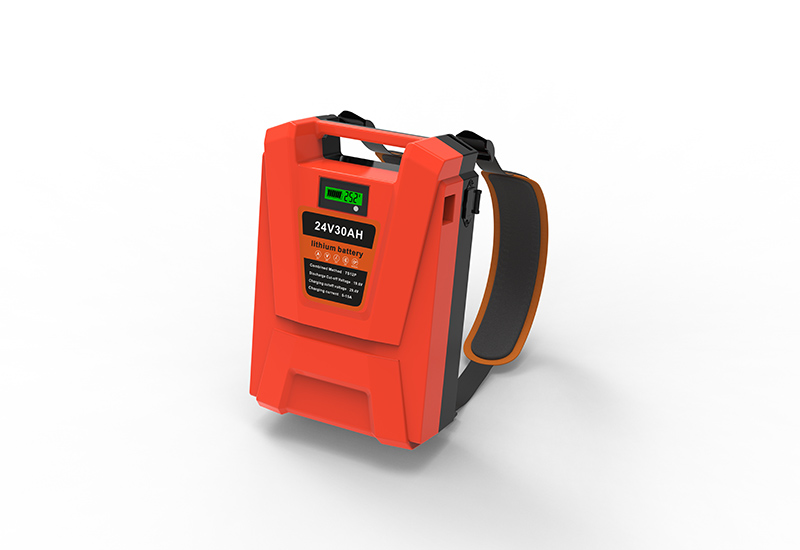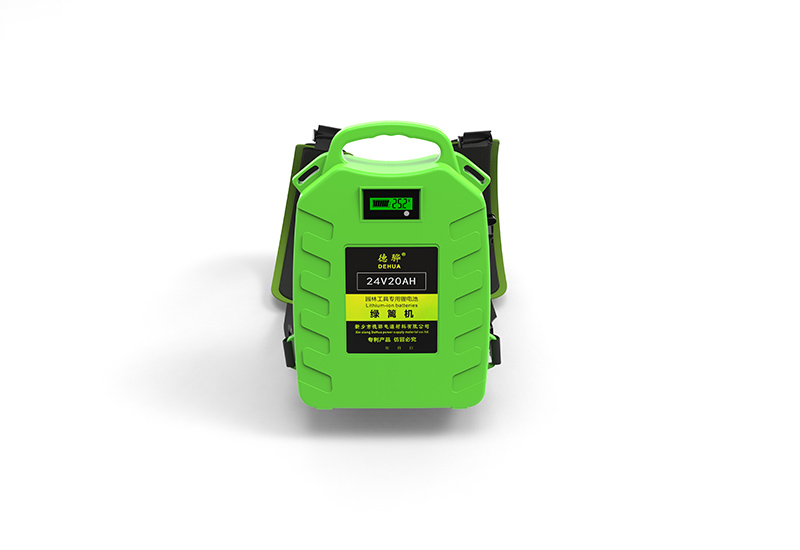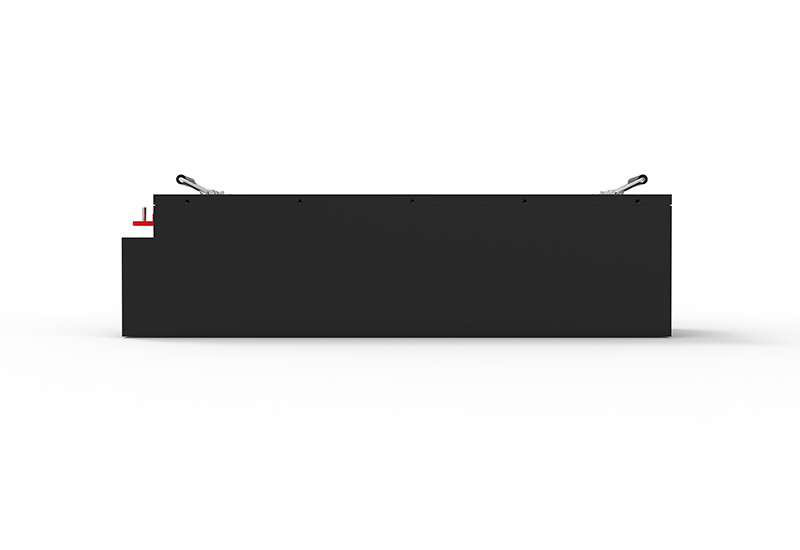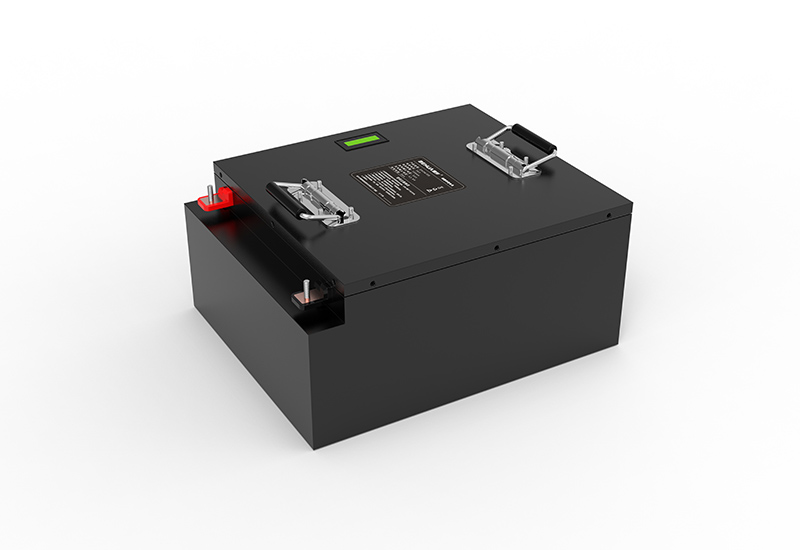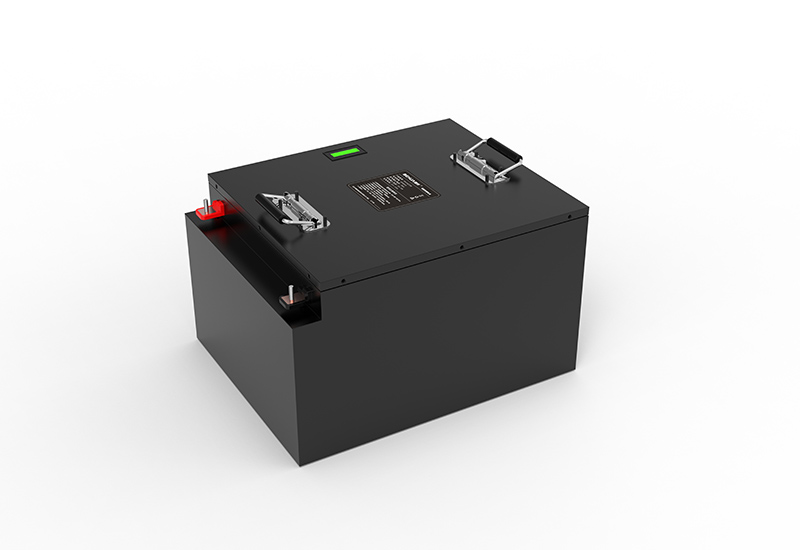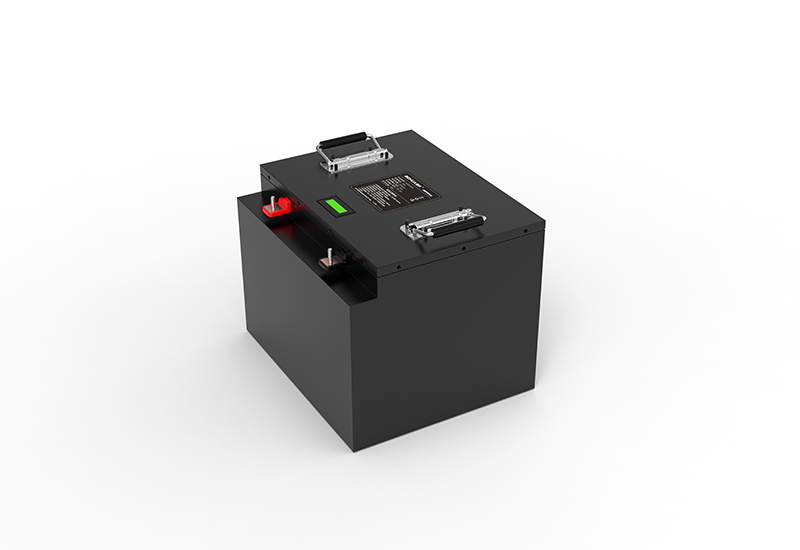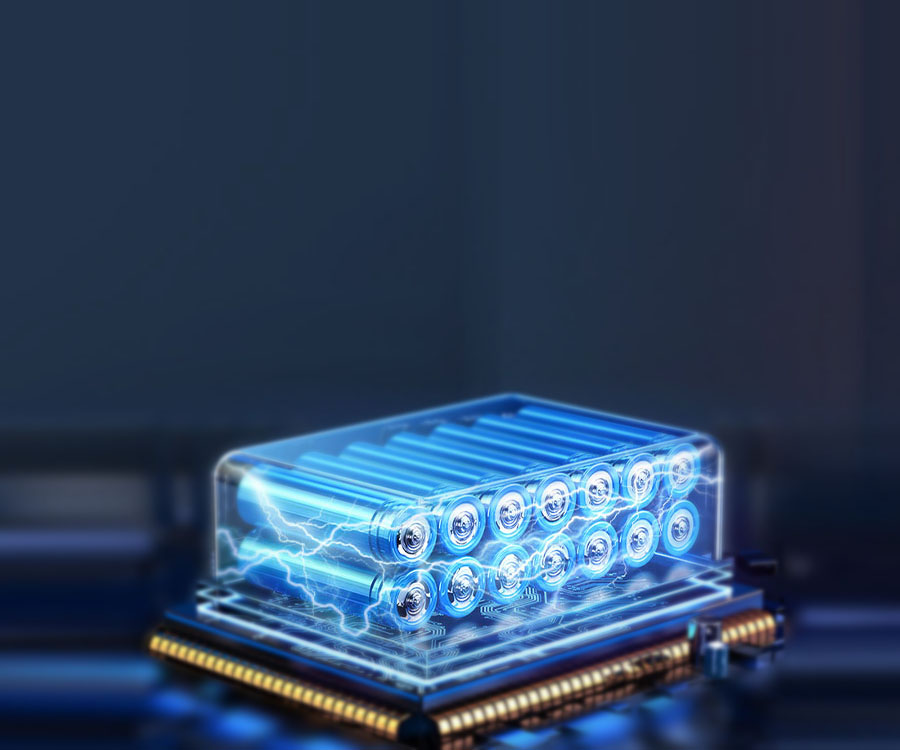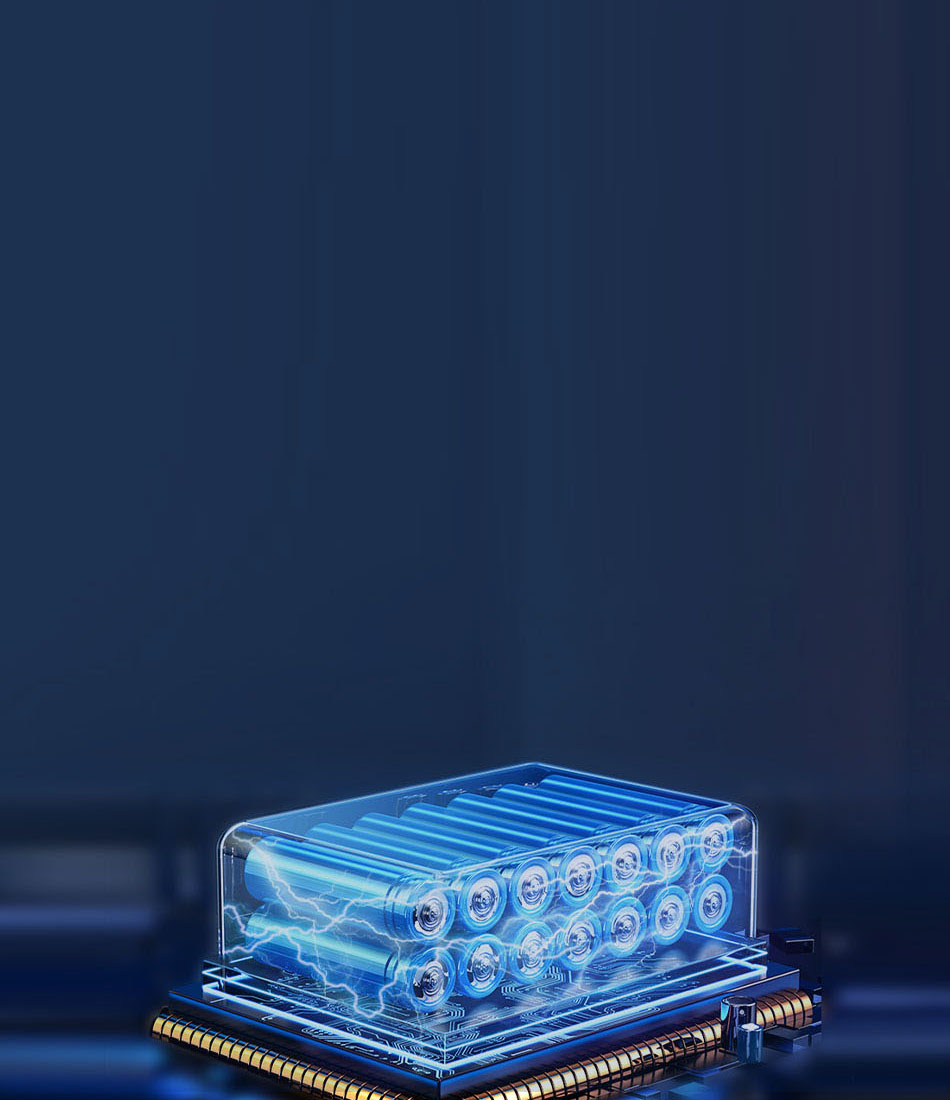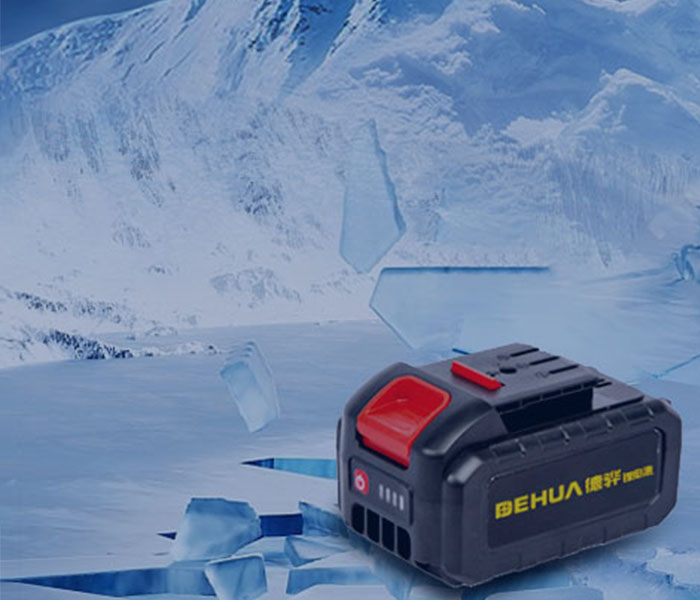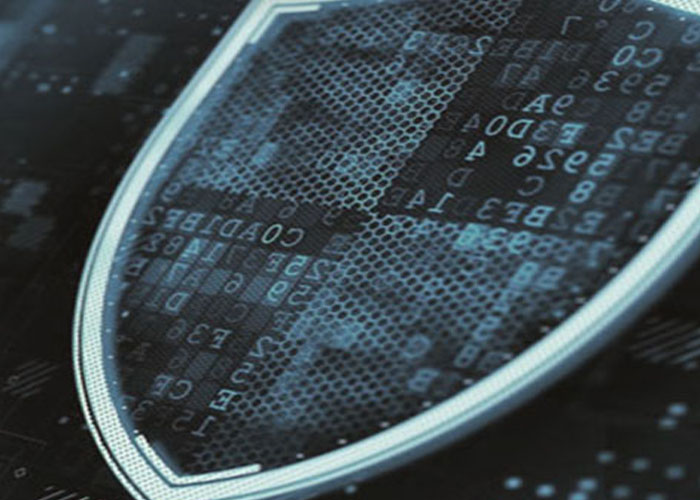The primary types of batteries suitable for Dehua lithium battery tea-picking machines are as follows:
**Ternary Lithium Batteries**
- **Advantages:**
- **High Energy Density:** Ternary lithium batteries provide a relatively high energy reserve, enabling the tea-picking machine to operate for extended periods on a single charge, thereby meeting the essential requirements of tea garden operations. For instance, during typical tea-picking activities in a garden, these batteries can support continuous operation for several hours, reducing the frequency of recharging due to insufficient power and enhancing work efficiency.
- **High Output Power:** These batteries deliver robust power to the motor of the tea-picking machine, ensuring that it can complete harvesting tasks swiftly and efficiently. Even in densely planted areas where tea leaves grow vigorously, ternary lithium batteries ensure sufficient power is available for effective picking without compromising performance.
- **Good Low-Temperature Performance:** In low-temperature environments, ternary lithium batteries exhibit minimal performance degradation and maintain relatively good discharge capabilities. This characteristic is particularly beneficial in cold climate regions or during early morning or evening operations when temperatures drop, ensuring reliable use of the tea-picking machine.
- **Disadvantages:**
- **Relatively Low Safety:** Under abnormal conditions such as overcharging, overdischarging, short-circuiting, or exposure to high temperatures, ternary lithium batteries pose certain safety risks that could lead to hazardous situations like fire or explosion. Therefore, strict adherence to relevant safety protocols and appropriate protective devices is essential during usage and charging.
- **Relatively Short Lifespan:** With multiple charge-discharge cycles over time ,the capacity of ternary lithium batteries gradually diminishes; their service life tends to be shorter than other options .Typically after several hundred up towards one thousand cycles ,battery capacity may decline downwards around sixty percent from its initial state necessitating replacement .
**Lithium Iron Phosphate Batteries**
- **Advantages:**
- **High Safety:** Lithium iron phosphate (LiFePO4) batteries demonstrate excellent safety performance under conditions such as elevated temperatures ,overcharging ,overdischarging ,and short-circuiting .They are less prone than alternatives toward dangerous incidents including fires/explosions making them safer/reliable choices especially within outdoor settings like gardens which reduces accident probabilities significantly .
- **Long Cycle Life:** LiFePO4 cells possess an impressive cycle life typically exceeding two thousand charge-discharge cycles far surpassing those found with ternary counterparts .This translates into longer operational lifespans under normal usage providing sustained power support while minimizing both replacement frequency/costs associated therewith .
- **Low Cost :** The raw materials used are abundant coupled with simpler production processes resulting lower overall costs thus giving machines equipped this type battery notable price advantages appealing cost-sensitive users alike .
- **Disadvantages : **
- **Low Energy Density :** Compared against their ternary counterparts LiFePO4 units have comparatively lower energy densities meaning they store less electricity per unit volume/weight requiring larger/heavier packs fulfill operational demands potentially increasing total weight impacting ease-of-use negatively .
- **Poor Low Temperature Performance :** In colder climates discharges abilities diminish considerably leading reduced range when utilized winter months insulation measures must often implemented enhance functionality.


